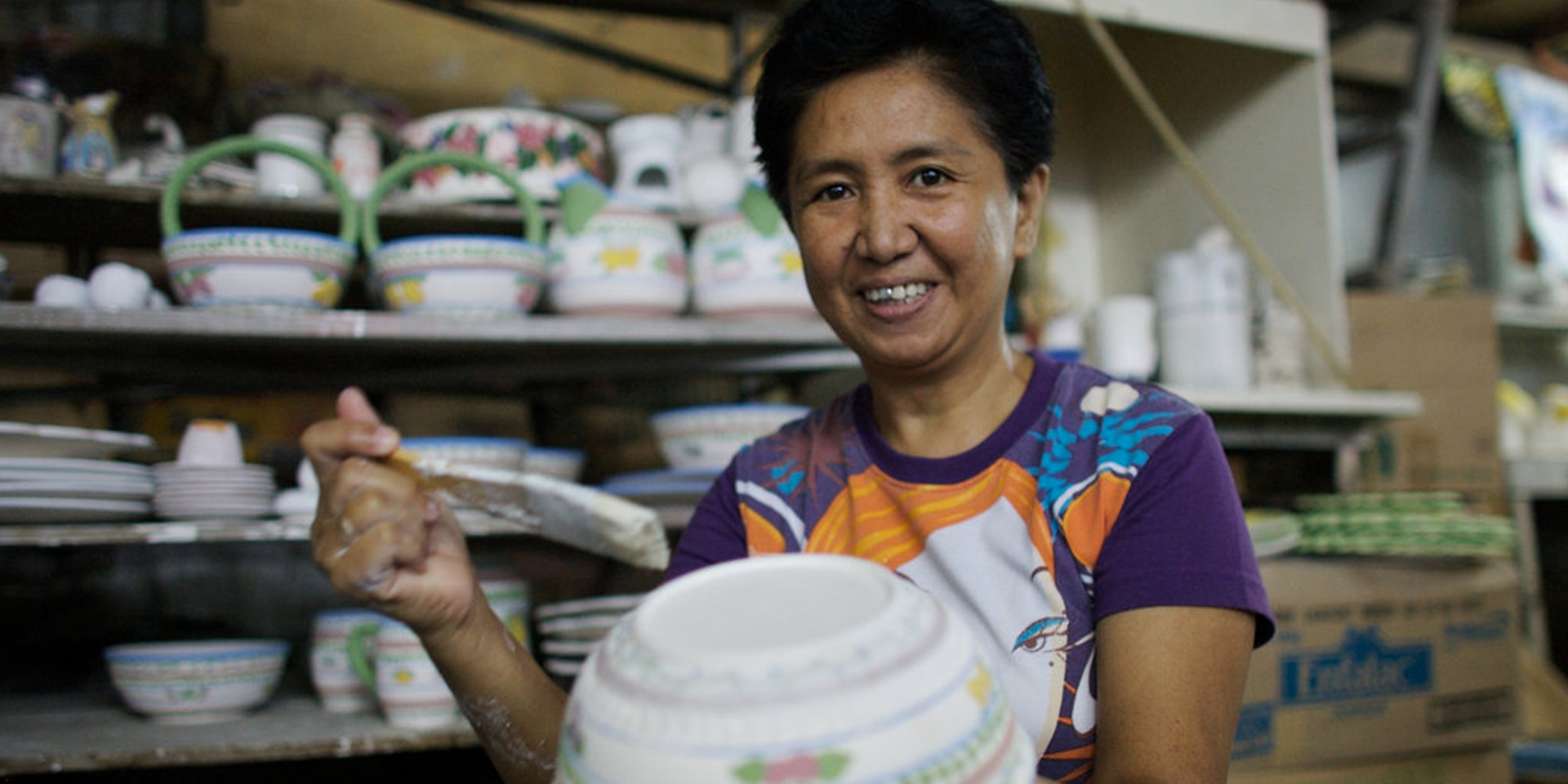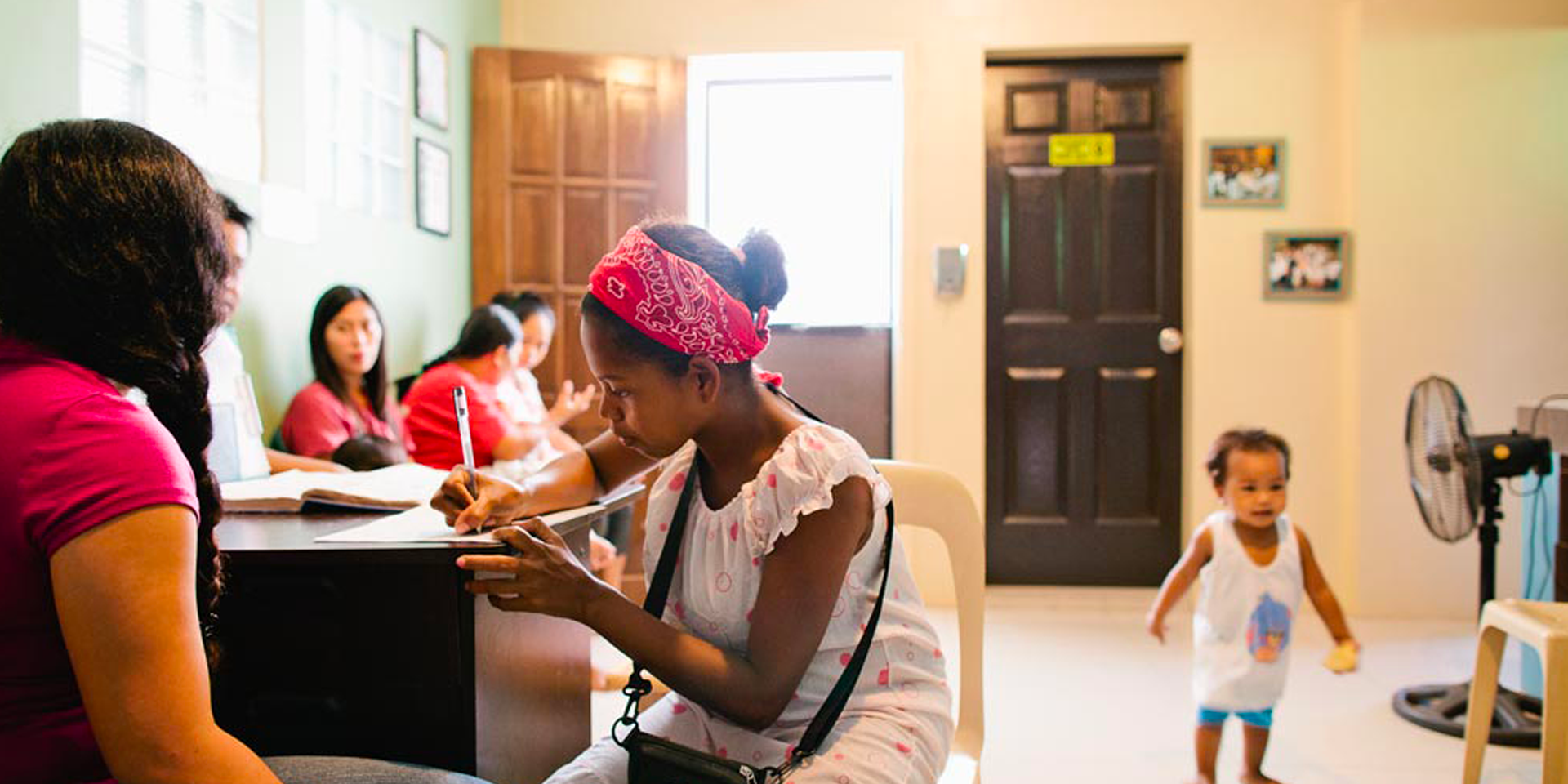This was originally published by Malaya Business Insight
Due to social distancing protocols brought on by COVID-19, digital financial services have evolved from being a nice-to-have to an essential service.
Sparky Perreras, CEO of PearlPay, however, said that while commercial banks have been able to quickly pivot to digital banking services, many Filipinos in remote areas of the country rely on rural banks with no digital infrastructure.
PearlPay is a fintech startup that provides end-to-end digital banking solutions to local rural banks.
“There are 450 rural banks in the Philippines, combining for 2,745 physical branches. 97 percent of those are in far-flung areas where commercial banking does not exist,” Perreras said.
“Almost all of these rural banks don’t have ATMs, debit prepaid cards, let alone mobile banking.”
Perreras said the challenge for rural banks is the high cost needed to set up a digital platform.
But thanks to cloud technology, PearlPay is now able to help these banks digitize their services, enabling them to reach and serve even those with limited or no access to the internet.
“Gaining access to world-class digital infrastructure is not exclusive to big companies anymore. Cloud technology democratizes access to computing resources and it’s a great equalizer in today’s economy, ensuring that even small rural banks in the Philippines can participate and thrive,” said Perreras.
PearlPay uses AWS cloud to reduce the data center footprint of rural banks.
This means migrating over 450 data centers from on-premise to AWS cloud. Additionally, the company will be migrating over 200 core banking solutions to the platform.
“By setting up our own data center, we wouldn’t be able to offer our software-as-a-service,” Perreras said.
“That’s the beauty of using a cloud service like AWS.”
For many fintechs, perhaps the biggest benefit of the cloud is the ability to innovate to drive financial inclusion.
In fact, the lower cost for PearlPay’s core banking solution is already a business model innovation that improves access to financial services.
But unlike other fintechs, PearlPay is primarilytargeting rural banks instead of the end-users.
According to Perreras, the purpose of this is two fold—many Filipinos in rural areas do not have smartphones and regular access to the internet and because many are still afraid of online banking.
“The number one challenge of fintech is trust,” Perreras said. “And rural banks already have the trust of the local community.”
He noted that because the unbanked usually get their financial services from informal lenders, they also have limited experience with actually dealing with banks.
PearlPay’s Agent Banking Solution (ABS) aims to solve this consumer behavior, as it enables authorized employees to go directly to end users to provide banking services outside of the bank.
With a bank-mandated agent and an ABS device, banks can collect payments, onboard customers, and expand customer beyond their physical infrastructure.
This allows rural banks to educate and introduce the unbanked to formal banking services, as well as to financial technology solutions like mobile wallets and digital payments.
In these challenging times, inclusive financial services have never been more important.
“Everyone wants to gain access to cash, to local remittance, to the social amelioration program of the government,” Perreras said.
“And with cloud technology, PearlPay and rural banks can do more and reach more.”
Related Posts
January 6, 2022
Serbisyo sa Barangay: Livelihood Program for MSMEs
Serbisyo sa Barangay is a livelihood program that will equip MSMEs in barangays with the necessary…
December 7, 2021
How Building a Credit Risk Database for Financial Institutions can Support MSMEs in the Philippines
Read how Credit Risk Database (CRD) can help financial institutions to provide risk-based lending…
November 29, 2021
Boosting Countryside Development in the Philippines: Livelihood Opportunities for Filipinos
Balik Probinsya, Bagong Pag-Asa program seeks to promote growth by investing in countryside…



